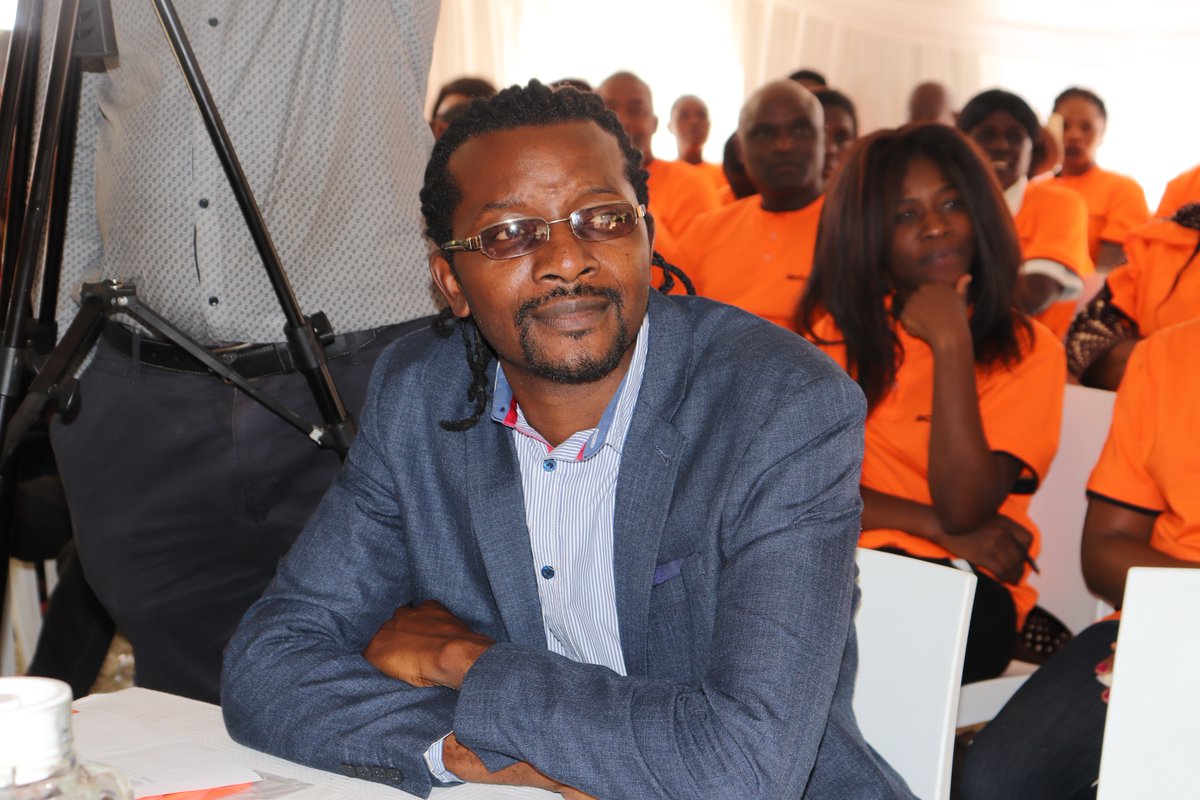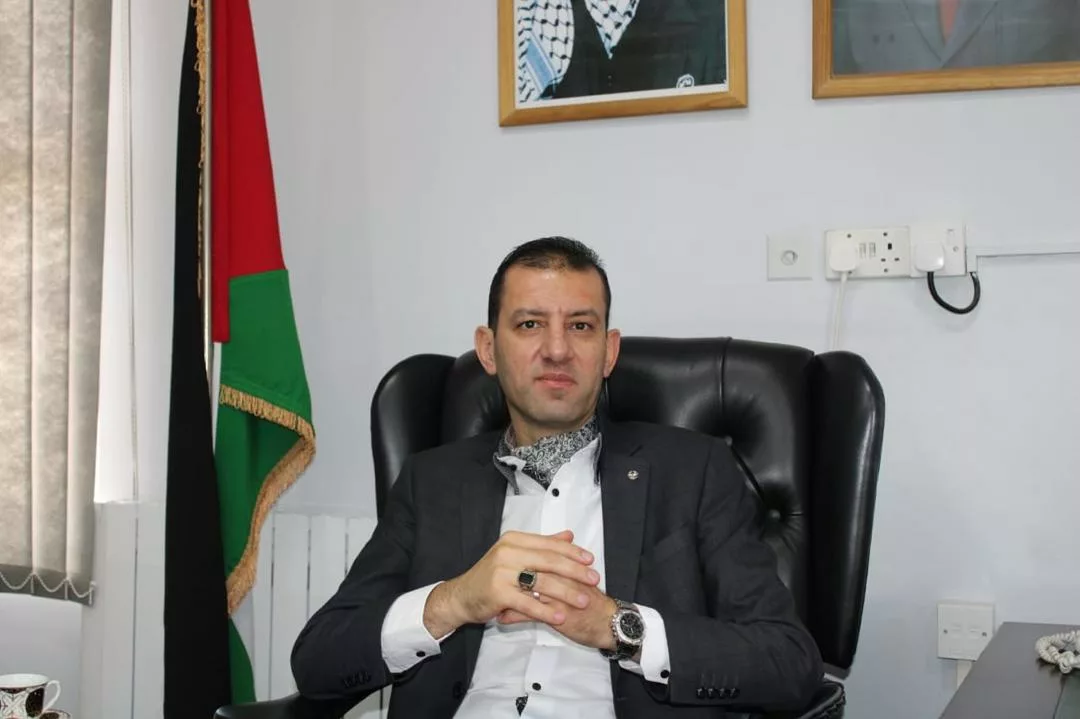|
Getting your Trinity Audio player ready...
|
ActionAid Zimbabwe, an organisation working to achieve social justice, gender equality, and poverty eradication has relaunched the Social Justice Manifesto. Initially launched following extensive research and consultations with communities and stakeholders ahead of the general elections in July 2018, the manifesto sets an agenda and path towards a just society for Zimbabweans.
“The Manifesto amplifies the voices of a cross-section of the Zimbabwean citizenry particularly those living in poverty and exclusion and those at the receiving end of social injustices, societal inequalities, and gender disparities,” bringing it to the attention of those seeking public office through the ballot, said Mr. Joy Mabenge, the ActionAid Zimbabwe Country Director.
The Social Justice Manifesto has five broad pillars as outlined by the citizens as their living aspirations from duty bearers beyond the election. These pillars focus on government and public institutions, women’s rights and inequality, gender-responsive public services, climate, land, food security, and community resilience and youth.
GOVERNMENT AND PUBLIC INSTITUTIONS
The first pillar of the manifesto calls on all leaders to uphold the national constitution and promote the rule of law as well ensuring separation of powers among the different arms of the State namely the Executive, Judiciary, and Legislature. “Social justice can only be attained through servant leadership that provides protection for those living in poverty and excluded populations such as people with disabilities, the elderly, orphans, sexual minorities, and other excluded ethnic groups,” reads part of the Manifesto.
As for the administration of public institutions, the citizens call for independent, democratic, transparent, accountable, corruption-free, and non-partisan provision of goods and services. Finally, the citizens call for expeditious implementation of the devolution agenda to ensure that goods and services are decentralized.
WOMEN’S RIGHTS AND INEQUALITY
Women want accessible, affordable, available, adaptable, and safe health services. The demands are women’s empowerment and transformation in their lives through participation in decision-making, access to, control over, ownership, utilization, and fair distribution of resources. The women whom AAZ unapologetically sides with, are calling for safe public spaces to facilitate meaningful participation in the national development agenda.
The manifesto outlines the need for respect towards women’s sexual autonomy and bodily integrity as well as safe, reliable, and accessible safe public services which include public transport, and referral services for sexual and reproductive health to allow them to go through a violence-free life.
GENDER-RESPONSIVE PUBLIC SERVICES
Under this pillar, Zimbabweans are calling for free, publicly delivered gender-responsive public services (Health, Education, Water, Sanitation, and Hygiene (WASH), Social Protection, and Public Safety). The demands are: to see domestic resources mobilised through progressive taxation to fund public services that are free and non-privatised, particularly in the health and education sector. “There must be accessible, acceptable, available, adaptable, and safe public services and gender-responsive, non-discriminatory and sexism-free public institutions” reads the third pillar of the Manifesto. The Social Justice Manifesto also amplifies the call for gender-responsive budgets that adhere to international and regional statutes on share, size, scrutiny, and sensitivity.
CLIMATE, LAND, FOOD SECURITY, AND COMMUNITY RESILIENCE
On climate, land, food security, and community resilience, the citizens are calling on those who will assume public office to ensure women have enhanced access, control, and ownership over productive land and other natural resources for sustainable development. To achieve this, financing and extension support for agriculture must prioritize women smallholder farmers, while also guaranteeing social safety nets for households living in poverty deemed unable to meet the basic minimum food and nutrition standards.
In the face of natural hazards and shocks, the citizens are calling for the strengthening of early warning systems, while promoting women-led community-based humanitarian response mechanisms. There is a clear call on those seeking public office to commit to a feminist and just transition from harmful practices driven through the use of fossil fuels and other industrial agricultural practices.
YOUTH
Among the many challenges facing our youth, the young people of Zimbabwe are demanding access to affordable, accessible, available, adaptable, and safe education, as well as meaningful participation in the development agenda of the country. “There is a need for youth to be represented in political, social, economic, and other spheres of life at the same time, ensuring youth access to means of production, opportunities for decent employment, and other avenues for economic empowerment. The Manifesto recognises the need to protect this demographic dividend from harmful cultural practices, exploitation, and all forms of abuse.






